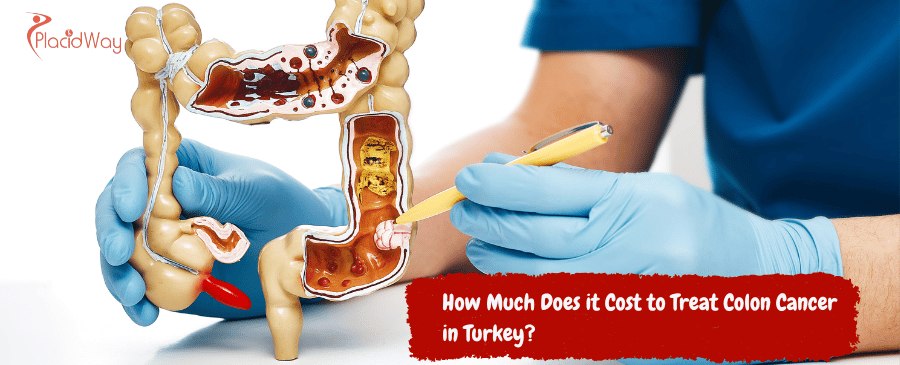
Colon cancer, also known as colorectal cancer, is a serious condition affecting the large intestine. When diagnosed, one of the primary concerns for patients and their families is understanding the available treatment options and, crucially, their associated costs. Turkey has emerged as a prominent destination for medical tourism, offering advanced healthcare services at competitive prices, including comprehensive colon cancer treatment. This guide aims to answer all your essential questions regarding the cost of colon cancer treatment in Turkey, providing a clear and detailed overview to help you make informed decisions. We'll explore the various factors that influence pricing, typical treatment approaches, and what makes Turkey an attractive option for international patients seeking high-quality care.
How much does colon cancer treatment cost in Turkey?
The price for colon cancer treatment in Turkey is highly variable. While some sources indicate a mean annual cost of around $4,000 for colon cancer treatment, comprehensive treatment plans often fall within a broader range. For instance, overall colorectal cancer treatment in Turkey typically costs between $5,182 and $20,755. More extensive or complex cases, especially those involving advanced stages and cutting-edge therapies, might exceed $30,000. It's important to remember that these figures are estimates, and the actual cost will be determined after a thorough medical evaluation and a personalized treatment plan is developed.
Turkey's healthcare system offers a compelling balance of affordability and quality, making it a popular choice for medical travelers. Many clinics and hospitals are accredited by international organizations, ensuring high standards of care.
What factors influence the cost of colon cancer treatment in Turkey?
Several key factors contribute to the overall cost of colon cancer treatment in Turkey:
- Cancer Stage: The stage of colon cancer is arguably the most significant factor. Early-stage cancers (Stage I or II) might only require surgery, which is generally less expensive than treatments for advanced stages (Stage III or IV) that often involve a combination of therapies like chemotherapy, radiation, and targeted drugs. As the cancer progresses, the complexity and duration of treatment increase, directly impacting the cost.
- Treatment Modalities: Colon cancer treatment often involves a multi-modal approach.
- Surgery: The type of surgery (e.g., laparoscopic, robotic-assisted, open colectomy) and its complexity directly affect the cost. Minimally invasive procedures tend to be more affordable with shorter recovery times.
- Chemotherapy: The cost depends on the number of cycles, the specific drugs used, and whether it's administered before (neoadjuvant) or after (adjuvant) surgery.
- Radiation Therapy: The number of sessions and the technology used (e.g., IMRT, SBRT) will influence the price.
- Targeted Therapy and Immunotherapy: These newer, often more expensive treatments are typically used for advanced cancers and involve specialized drugs that can significantly increase the total cost.
- Hospital and Clinic Choice: Prestigious hospitals with state-of-the-art facilities and internationally renowned oncologists generally have higher prices compared to smaller clinics. However, these larger institutions often offer a more comprehensive range of services and advanced technology.
- Duration of Stay and Hospitalization: Longer hospital stays or extended periods for treatment (e.g., multiple chemotherapy cycles) will add to the overall expenses.
- Additional Services: This can include diagnostic tests (PET scans, CT scans, biopsies), pre-treatment consultations, post-treatment rehabilitation, follow-up care, and accommodation for international patients. Some packages may include these, while others charge separately.
What types of colon cancer treatments are available in Turkey?
Turkish medical facilities provide a wide array of treatment options for colon cancer, often following NCCN and ESMO protocols, which are internationally recognized guidelines. These treatments are tailored to the individual patient's cancer stage, overall health, and specific needs.
Surgical Treatments for Colon Cancer in Turkey
Surgery is often the primary treatment for colon cancer, especially in its early stages. Turkey's hospitals are equipped with advanced technology to perform various surgical techniques:
- Laparoscopic (Minimally Invasive) Surgery: This involves small incisions and specialized tools to remove tumors. It's preferred for early-stage cancers as it leads to less pain, smaller scars, and faster recovery times.
- Robotic-Assisted Surgery (e.g., Da Vinci Robotic System): This advanced technique offers surgeons greater precision and flexibility, particularly for hard-to-reach areas. It minimizes complications and often results in quicker recovery.
- Open Surgery (Colectomy/Proctectomy): For more advanced or complex cases, a larger incision may be necessary to remove part or all of the colon (colectomy) or rectum (proctectomy), along with surrounding lymph nodes.
- Polypectomy/Endoscopic Mucosal Resection: In very early stages, cancerous polyps can sometimes be removed during a colonoscopy, a less invasive procedure.
Chemotherapy in Turkey
Chemotherapy involves using drugs to destroy cancer cells. It can be administered intravenously or orally and is a crucial part of treatment, especially for advanced stages or when cancer has spread.
- Adjuvant Chemotherapy: Given after surgery to eliminate any remaining cancer cells and reduce the risk of recurrence.
- Neoadjuvant Chemotherapy: Administered before surgery to shrink tumors, making them easier to remove.
- Palliative Chemotherapy: For advanced, metastatic cancer, chemotherapy aims to relieve symptoms, improve quality of life, and prolong survival.
Common chemotherapy drugs used include 5-fluorouracil, oxaliplatin, and capecitabine, often used in combinations like FOLFOX or FOLFIRI protocols.
Radiation Therapy in Turkey
Radiation therapy uses high-energy radiation to damage cancer cell DNA and stop them from multiplying. It's often used in combination with chemotherapy, especially for rectal cancers.
- External Beam Radiation Therapy (EBRT): The most common type, where radiation is delivered from a machine outside the body. Techniques like IMRT (Intensity-Modulated Radiation Therapy) and SBRT (Stereotactic Body Radiation Therapy) deliver precise doses to the tumor while minimizing harm to healthy tissues.
- Internal Radiation Therapy (Brachytherapy): A radioactive source is placed inside or near the tumor, less common for colon cancer but sometimes used for rectal cancer.
Targeted Therapy and Immunotherapy in Turkey
These are newer, highly specialized treatments that leverage the body's own mechanisms or target specific abnormalities in cancer cells.
- Targeted Therapy: Drugs like bevacizumab or cetuximab block specific pathways that cancer cells need to grow and spread. They are often used for metastatic colon cancer.
- Immunotherapy: Drugs like pembrolizumab and nivolumab boost the body's immune system to recognize and fight cancer cells. This is typically used for specific types of advanced colon cancer that respond to immunotherapy.
Why choose Turkey for colon cancer treatment?
Turkey has become a leading destination for medical tourists seeking colon cancer treatment for several compelling reasons:
- Cost-Effectiveness: Compared to Western European countries and the USA, the cost of colon cancer treatment in Turkey is significantly lower, without compromising on quality. This affordability makes advanced care accessible to a broader range of patients.
- High-Quality Healthcare: Many hospitals in Turkey are JCI (Joint Commission International) accredited, signifying adherence to rigorous international standards for patient safety and quality of care. They are equipped with modern medical infrastructure, including cutting-edge diagnostic and treatment technologies.
- Experienced Medical Professionals: Turkey boasts a large pool of highly qualified and experienced oncologists, surgeons, and medical staff. Many have received training in Western countries and are proficient in English.
- Advanced Technology: Turkish hospitals invest in the latest medical technologies, such as robotic surgery systems (Da Vinci), advanced radiation therapy machines (CyberKnife, TrueBeam), and comprehensive diagnostic imaging.
- Comprehensive Services: Beyond medical treatment, many Turkish clinics offer full-service medical tourism packages that include airport transfers, accommodation, language assistance, and personalized patient coordination, easing the travel and treatment process for international patients.
- Shorter Waiting Times: Unlike some public healthcare systems with long waiting lists, patients can often access treatment much faster in Turkey.
What should I expect during the initial consultation for colon cancer in Turkey?
The initial consultation is a crucial step in your colon cancer treatment journey. When you visit a clinic in Turkey for colon cancer, here's what you can generally expect:
- Medical History and Physical Examination: The oncologist will review your detailed medical history, including any previous diagnoses, symptoms, and family history of cancer. A physical examination will be performed to assess your general health.
- Review of Existing Tests: It's highly recommended to bring all relevant medical records, including biopsy reports, imaging scans (CT, MRI, PET), and blood test results. The Turkish medical team will review these to confirm the diagnosis and cancer staging.
- Discussion of Diagnosis and Staging: The doctor will explain your specific colon cancer diagnosis, including its type and stage. Understanding the stage is vital as it dictates the most effective treatment approach.
- Explanation of Treatment Options: Based on your diagnosis and the latest guidelines, the oncologist will discuss various treatment modalities (surgery, chemotherapy, radiation, targeted therapy, immunotherapy) and their potential combinations. They will explain the pros and cons of each, including expected outcomes and potential side effects.
- Personalized Treatment Plan: A preliminary or definitive treatment plan will be proposed, tailored to your individual needs. This plan will outline the sequence of treatments, estimated duration, and associated costs.
- Opportunity for Questions: This is your chance to ask any questions you have about your condition, treatment options, costs, and recovery process. Don't hesitate to clarify anything you don't understand.
- Recommendations for Further Tests: Depending on your case, the oncologist might recommend additional diagnostic tests to get a clearer picture or to confirm certain aspects before finalizing the treatment plan.
What is the success rate of colon cancer treatment in Turkey?
The success rate of colon cancer treatment, in Turkey or anywhere else, is highly dependent on several factors, primarily the stage of cancer at diagnosis. Early detection is crucial for higher success rates.
- Stage I and II: For colon cancer detected in its early stages (confined to the colon wall or nearby tissues without spreading to lymph nodes), the success rates are generally very high, often exceeding 80-90% for a five-year survival rate, especially with surgical removal.
- Stage III: When cancer has spread to nearby lymph nodes, the success rate decreases but remains significant, with five-year survival rates typically ranging from 60-70%, often with a combination of surgery and chemotherapy.
- Stage IV: For metastatic colon cancer (spread to distant organs), the focus of treatment shifts to prolonging life, managing symptoms, and improving quality of life. The five-year survival rates are considerably lower, often in the range of 10-20%, but advancements in targeted therapy and immunotherapy are continuously improving these outcomes.
Turkish hospitals and oncologists aim to achieve outcomes comparable to leading medical centers worldwide, thanks to their adherence to international protocols, advanced technology, and experienced multidisciplinary teams. However, individual results can vary based on the patient's overall health, response to treatment, and other specific factors.
Are follow-up appointments included in the colon cancer treatment cost in Turkey?
The inclusion of follow-up appointments in the overall treatment cost for colon cancer in Turkey varies by hospital and the specific package you choose.
- Package Deals: Many clinics that cater to international patients offer comprehensive packages. These packages might include a certain number of post-treatment consultations, diagnostic scans (like follow-up CT or PET scans), and blood tests (such as CEA markers) within a defined period after the primary treatment.
- Separate Charges: In other cases, particularly if you opt for a more itemized billing approach, follow-up appointments and subsequent tests will be charged separately. It's crucial to clarify this upfront with the medical facilitator or hospital to avoid unexpected costs.
- Long-Term Follow-up: Colon cancer requires long-term monitoring to detect any recurrence. While initial follow-ups might be covered, extended long-term follow-up (e.g., beyond 6-12 months) is almost always a separate expense, regardless of the initial package. Many patients choose to continue long-term follow-up in their home country, with reports shared with the Turkish medical team.
Always ensure that the financial agreement clearly outlines what is included in the treatment cost, especially concerning post-treatment care and follow-up.
What are the typical recovery times after colon cancer surgery in Turkey?
The recovery time after colon cancer surgery can vary considerably depending on the type of surgery performed, the extent of the cancer, and the patient's overall health.
- Minimally Invasive Surgery (Laparoscopic or Robotic):
- Hospital Stay: Typically 3-7 days.
- Initial Recovery: Most patients feel well enough to resume light activities within 1-2 weeks. Pain is generally manageable with medication.
- Full Recovery: It can take 4-6 weeks to regain full strength and return to normal activities, including work and light exercise.
- Open Surgery (Traditional Colectomy):
- Hospital Stay: Usually 5-10 days, sometimes longer if complications arise.
- Initial Recovery: Patients will experience more significant pain and discomfort, requiring more pain management. It might take 2-4 weeks before they feel up to light activities.
- Full Recovery: Complete recovery and return to normal activities can take anywhere from 6 weeks to several months, as the body needs more time to heal from the larger incision.
During the recovery period, patients often receive guidance on diet, wound care, and activity levels. Physical therapy and nutritional counseling may also be part of the recovery process to help regain strength and manage any changes in bowel habits. It's important to follow all post-operative instructions from your medical team in Turkey to ensure a smooth and effective recovery.
Are there risks associated with colon cancer treatment in Turkey?
All medical treatments, especially complex procedures like colon cancer therapy, come with potential risks and side effects. While Turkish hospitals adhere to international safety standards, it's essential to be aware of the general risks associated with colon cancer treatment:
- Surgical Risks:
- Infection: At the surgical site or internally.
- Bleeding: During or after the operation.
- Anastomotic Leak: Where the reconnected parts of the bowel leak. This is a serious but rare complication.
- Damage to nearby organs: Though uncommon, this can occur during complex surgeries.
- Hernia: A weakening of the abdominal wall at the incision site.
- Bowel Obstruction: Scar tissue can sometimes lead to blockages.
- Chemotherapy Side Effects:
- Nausea and Vomiting: Often managed with anti-nausea medications.
- Fatigue: A common and often debilitating side effect.
- Hair Loss: Depending on the specific drugs used.
- Mouth Sores, Diarrhea, Constipation: Digestive system issues.
- Neuropathy: Nerve damage causing numbness or tingling, usually in hands and feet.
- Suppressed Immune System: Increased risk of infection due to low white blood cell count.
- Radiation Therapy Side Effects:
- Skin Irritation: Redness, dryness, or peeling in the treated area.
- Fatigue: Similar to chemotherapy.
- Bowel Changes: Diarrhea, rectal bleeding, or increased urgency.
- Urinary Changes: Frequent urination or discomfort.
- Targeted Therapy and Immunotherapy Side Effects: These vary widely depending on the specific drug but can include skin rashes, fatigue, flu-like symptoms, or autoimmune reactions.
- Anesthesia Risks: Allergic reactions, respiratory problems, or cardiovascular issues, although these are rare due to careful pre-operative assessments.
Reputable hospitals in Turkey have protocols in place to minimize these risks and manage any complications that may arise. They conduct thorough pre-treatment assessments to identify potential risks for each patient and ensure a safe treatment environment.
Can I combine colon cancer treatment with a vacation in Turkey?
Many individuals travel to Turkey for medical treatments due to its appeal as a tourist destination. While the idea of combining medical treatment with a vacation might seem appealing, especially given the potentially long recovery periods for colon cancer, it's crucial to approach this with caution and prioritize your health.
- During Active Treatment: It is generally not advisable to engage in extensive tourism activities during active phases of colon cancer treatment, such as immediately after surgery, during chemotherapy cycles, or radiation therapy. These treatments can cause significant fatigue, nausea, pain, and a weakened immune system, making sightseeing or strenuous activities ill-advised.
- Post-Surgery Recovery: After colon cancer surgery, your body needs time to heal. While you might be able to enjoy light, relaxed activities after the initial recovery period (e.g., a week or two post-laparoscopic surgery), rigorous travel, long walks, or heavy lifting should be avoided.
- Between Treatment Cycles: If your treatment plan involves multiple cycles of chemotherapy or radiation, there might be periods between cycles where you feel better. During these times, light sightseeing or short excursions might be feasible, but always consult your oncologist first. They can advise on what activities are safe based on your condition and treatment side effects.
- Planning for Extended Stay: If you plan to extend your stay for recovery, Turkey offers beautiful coastal areas, historical sites, and vibrant cities where you can recuperate in a relaxed environment. Many medical tourism agencies can help arrange comfortable accommodations and transportation that cater to your medical needs.
Ultimately, the decision to combine treatment with tourism should be made in close consultation with your medical team in Turkey. Your health and successful recovery should always be the priority.
Are colon cancer medications cheaper in Turkey?
One of the contributing factors to the affordability of colon cancer treatment in Turkey is the cost of medications. Generally, pharmaceuticals, including expensive cancer drugs like chemotherapy agents, targeted therapies, and immunotherapies, are more affordable in Turkey than in many Western countries (e.g., the USA, UK, Canada, Western Europe).
- Government Regulation: The Turkish government plays a role in regulating drug prices, which helps keep them lower compared to countries with less stringent controls.
- Local Production and Importation: A mix of local production and importation under competitive pricing agreements contributes to lower costs.
- Impact on Total Cost: Since drug costs can make up a significant portion of cancer treatment expenses, especially for prolonged chemotherapy, targeted therapy, or immunotherapy regimens, the lower medication prices in Turkey can lead to substantial overall savings for patients.
However, it's important to note that the availability of specific brand-name drugs might vary, and doctors will prescribe the most effective and appropriate medications based on your diagnosis and treatment plan. Always ensure that the medication plan and its costs are clearly outlined as part of your overall treatment package.
What support services are available for international colon cancer patients in Turkey?
Turkish hospitals and medical tourism facilitators understand the unique needs of international patients and offer a range of support services to make their experience as smooth and comfortable as possible.
- International Patient Departments: Most major hospitals have dedicated departments with staff specialized in assisting international patients. These teams serve as a single point of contact for all non-medical needs.
- Multilingual Coordinators and Translators: Language barriers are minimized with the availability of coordinators and professional medical translators fluent in various languages (e.g., English, Arabic, Russian, German) who can assist during consultations, procedures, and daily interactions.
- Accommodation and Logistics Assistance: Hospitals or facilitators can help arrange accommodation (hotels, apartments) near the hospital, as well as airport transfers and local transportation.
- Visa and Travel Support: Guidance and necessary documentation for visa applications are often provided.
- Financial Counseling: Clear explanations of treatment costs and payment options.
- Psychological Support: Dealing with cancer is emotionally challenging. Some facilities offer access to psychologists or support groups.
- Nutritional Counseling: Dietitians can help manage nutritional needs during and after treatment, which is particularly important for colon cancer patients.
- Follow-up Care Coordination: Assistance with scheduling follow-up appointments and sharing medical records with doctors back home.
These services aim to provide a holistic and comfortable experience, allowing patients to focus on their treatment and recovery without worrying about logistical challenges.
To learn more about colon cancer treatment options in Turkey or to get a personalized quote, explore PlacidWay for solutions related to medical tourism and healthcare services.


.png)




.png)

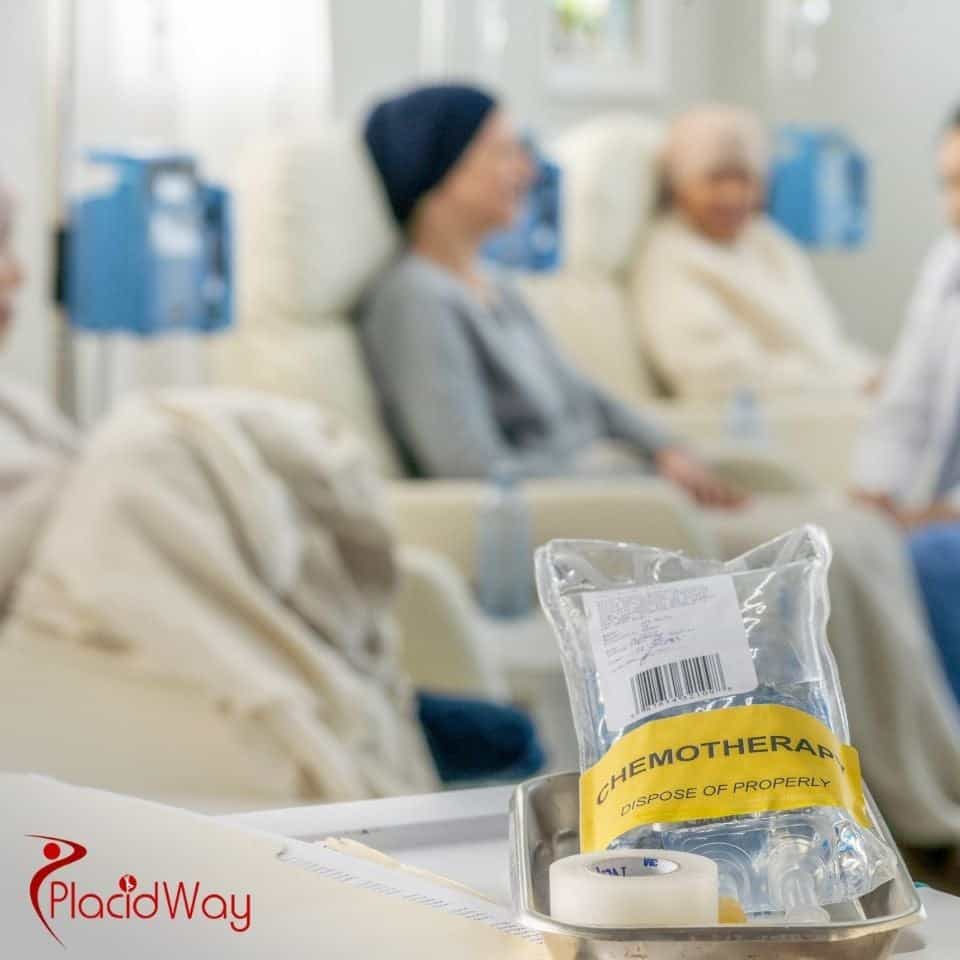
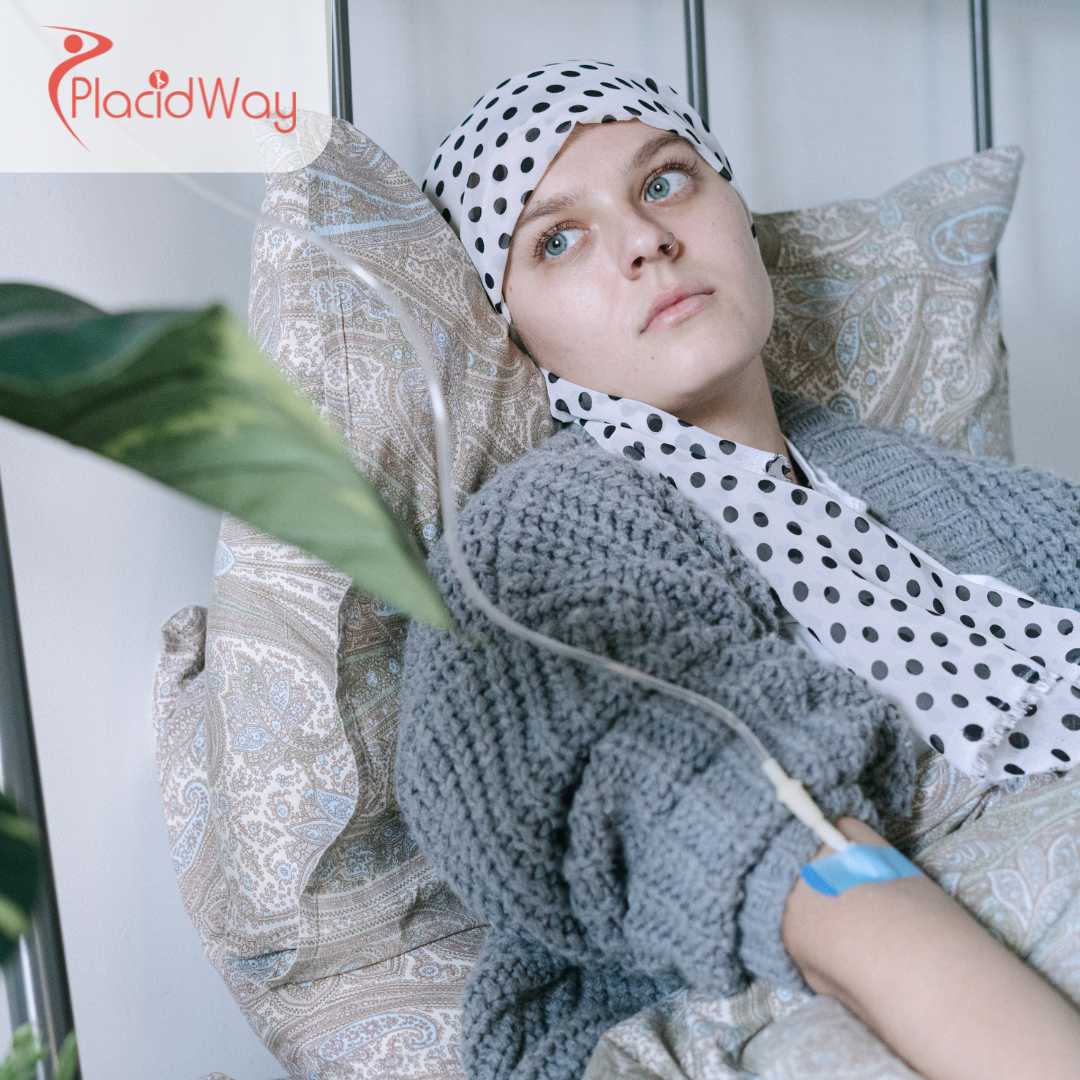



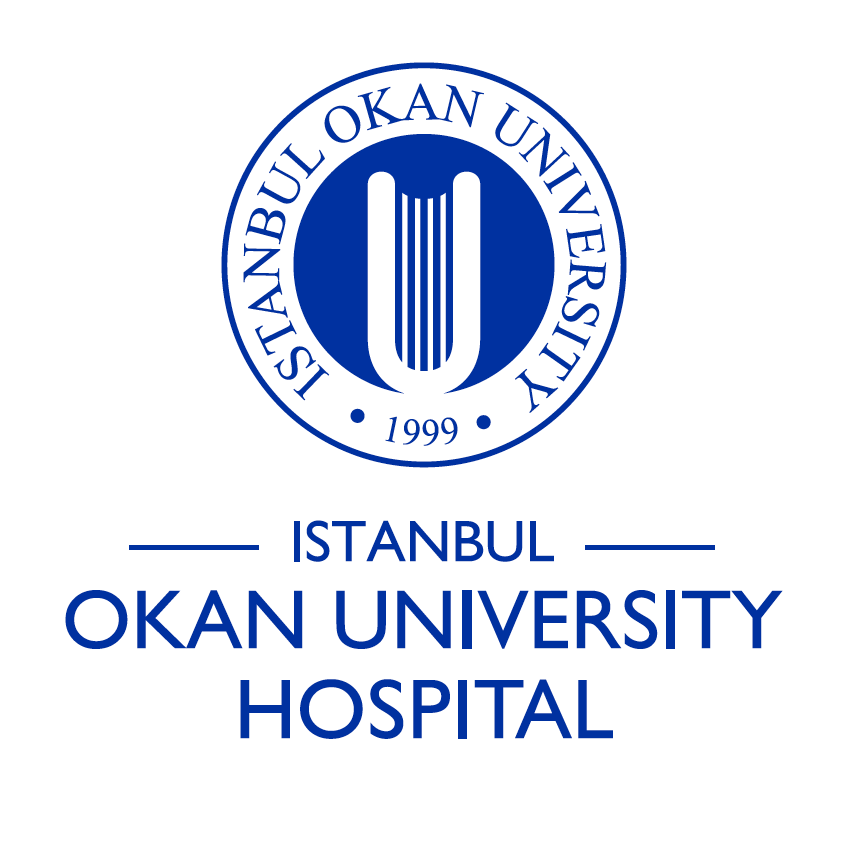
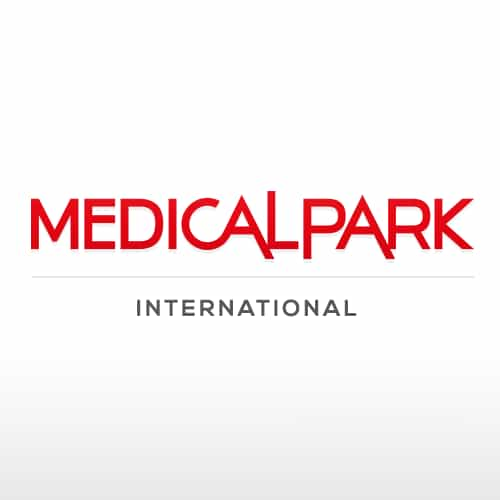

Share this listing